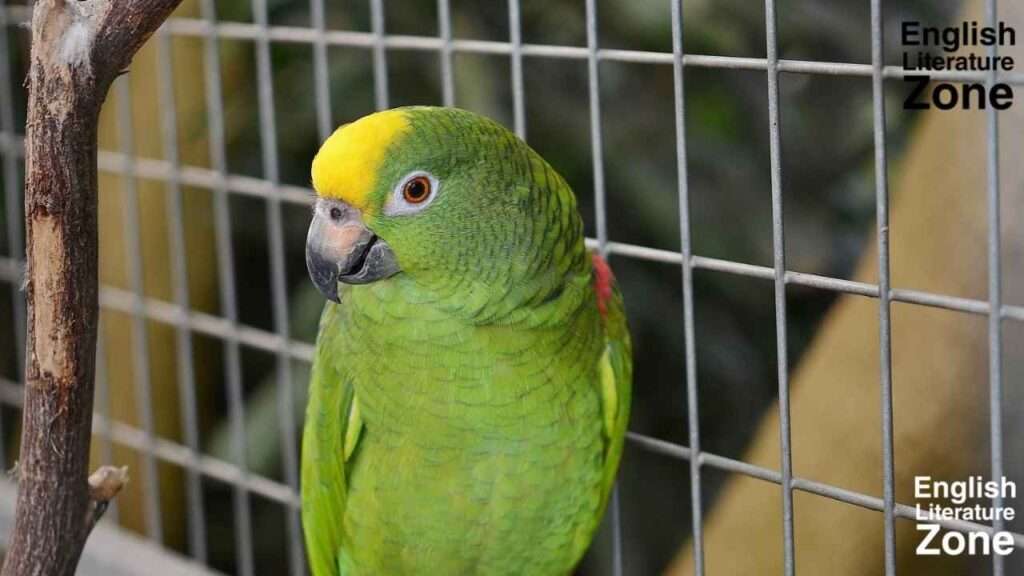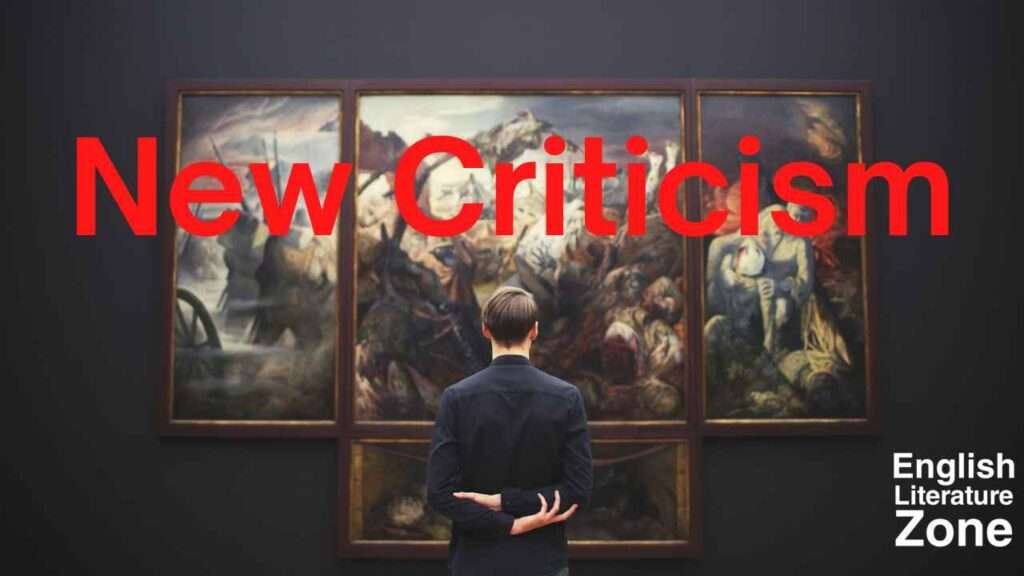
Introduction
“S.T. Coleridge” is one of the greatest literary critics and his greatness has been almost recognized universally. He occupies, without doubt, the first place among English literary critics. ‘Saintsbury’ praises him a lot and compared him with Aristotle and Longinus. He is considered the father of impressionistic criticism. He introduced philosophy and psychology into literary criticism. Coleridge is the first English critic to base his literary criticism on philosophical principles. He was a close friend of another Romantic poet ‘William Wordsworth’. Together they co-authored ‘Lyrical Ballads’. Coleridge contributed only four poems to this work. He belonged to the group of ‘Older Romantic Poets’.
Coleridge himself endeavored ‘to establish the principles of writing rather than to furnish rules on how to pass judgment on what has been written by others. Coleridge was influenced by the thoughts of German philosophers especially ‘Immanuel Kant’ and ‘Joseph Schelling’.
S. T. Coleridge Critical Works
Coleridge is one of the greatest Poets–Critics that England has ever produced. His fame as a Critic Rests on his two most important critical works –
- Biographia Literaria
- Lectures on Shakespeare
“Biographia Literaria” is a critical autobiography by ‘Samuel Taylor Coleridge’ published in 1817 in two volumes of 23 Chapters. It is also an explanation and criticism of ‘Wordsworth’s theory of poetry’. According to poetry. According to ‘Arthur Symons’. Coleridge’s Biographia Literaria is,
“_______ the greatest book of
Criticism in English.”
‘Rene Wellek’ is of the view that Coleridge is a link, between German Transcendentalism and English Romanticism.
I . A. Richard considers Coleridge the forced runner “of the modern science of Semantics”.
Coleridge says that the subject of the poem, people, and other objects should be chosen from ordinary life. The language of poetry should be the language of real life. It should be taken from the rustic and village life. According to Coleridge, there are two types of poetry:-
- Natural Poetry
- Supernatural Poetry
In ‘Biographia Literaria’ he also discussed the difference between – ‘Fancy and Imagination’ which are two distinct and widely different faculties. ‘Fancy’ merely assembles and juxtaposes images without transforming them. On the other hand, Imagination is a Modifying Power’ and it can transform images into a whole new entity. In contrast to Francy, ‘Imagination is Creative’.
Primary Imagination is defined as the power of receiving impressions of the external world through the senses – such as sight, touch, smell, hearing, etc. It is a spontaneous act. Secondary imagination makes artistic creation possible. It is more active, more a result of volition, more conscious, and more voluntary than the primary one.
Poetic talent is the skill and knowledge required for writing poetry. It can be acquired and cultivated. Poetic Genius is superior to poetic talent.
In the Biographia literaria’s chapter 14, Coleridge talked about ‘Willing Suspension of Disbelief’. It is a formula for justifying fantastic or non-realistic elements in literature.
“Lectures on Shakespeare” took place between about 1808 and 1819. Coleridge focused on a handful of plays:- ‘Hamlet’, ‘The Tempest’, ‘Richard II’, ‘Othello’, ‘Romeo and Juliet’, ‘Love’s Labour’s lost’ and ‘Macbeth’. He admired ‘King Lear’ and ‘Antony and Cleopatra’ but hated ‘Measure for Measure’. In his lectures, Coleridge often compared Shakespeare to other writers such as – ‘Spencer and Motion’.
Rather than finding fault with Shakespeare for his lack of attention to the classical unities, Coleridge suggested Shakespeare’s plays had their own ‘Organic Regularity’.
Conclusion
Thus, it was only in the 20th century that Coleridge’s literary criticism has been truly understood and recognition and appreciation followed. Today, ‘Samuel Taylor Coleridge’s reputation stands very high, and many critics are considered “S. T. Coleridge” a source of inspiration and illumination.
Today ‘Samuel Taylor Coleridge’s reputation stands very high and many critics are considered ‘Coleridge’ a source of inspiration and illumination.
Are you struggling to keep up with your English Literature Coursework? Do you need detailed, customized English Literature Notes to help you better understand the texts you’re studying? “Look no further! Our customized paid notes will help you achieve your study goals quickly.
– Varsha Singh




